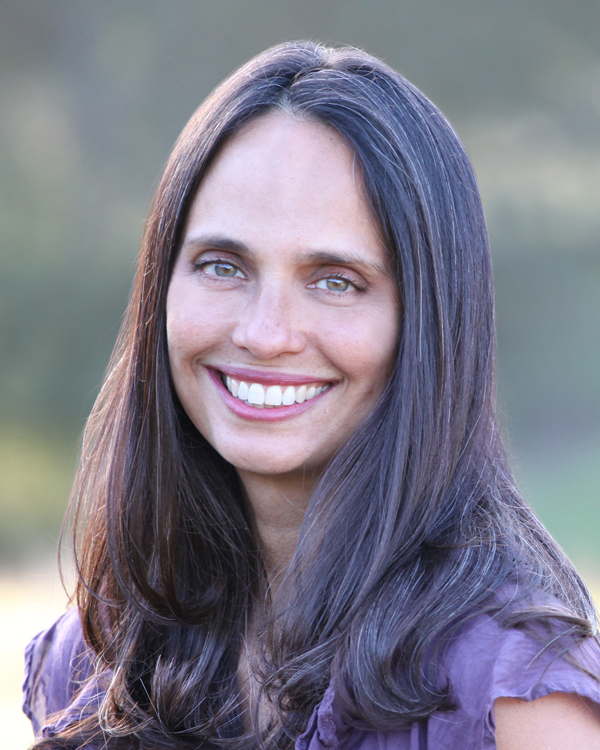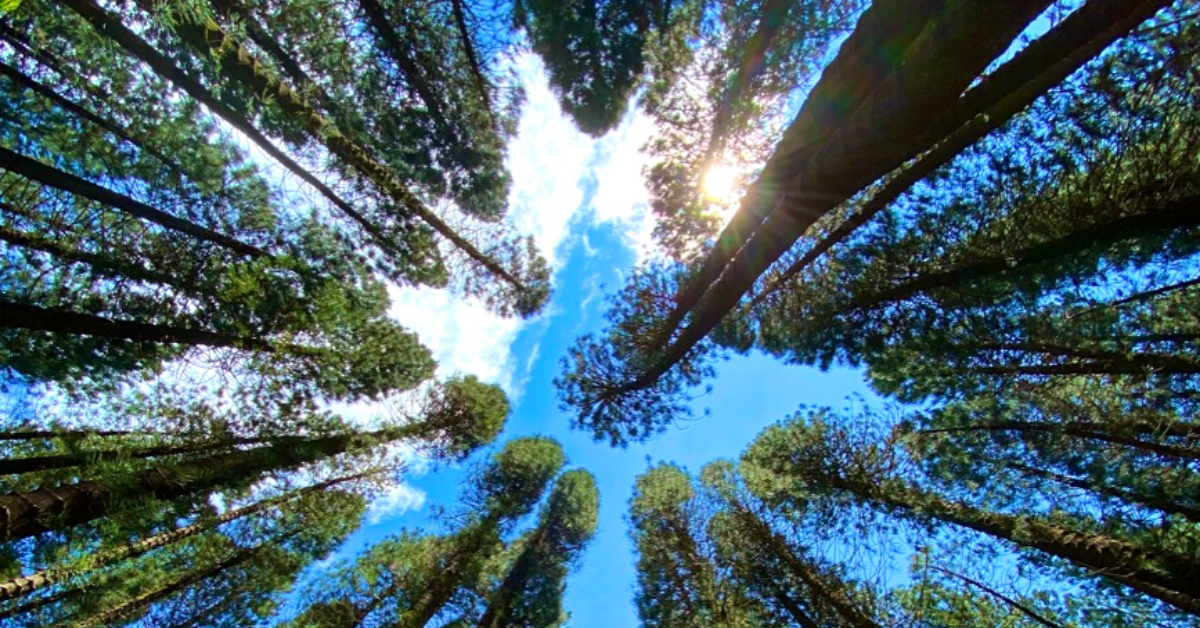It was time for some forest bathing as our next family adventure while in Oahu. We chose the easy walk of Judd Trail for a starter experience. This took into account our individual family member preferences regarding the difficulty of trails. We settled on one that worked for everyone. Consensus isn’t always easy to arrive at, but in terms of enjoying our time together, it was worth the effort.
Forest bathing comes from the Japanese term shinrin-yoku meaning to take in the forest atmosphere. It started as a way to inspire people to visit the Japanese forests as an antidote to burnout. The practice is to slowly and mindfully walk through the forest environment using all of the five senses to take in the experience**.
It is a form of eco-therapy and there is now science to back up what common sense tells us, that spending time in nature is good for us. The understanding of the importance of nature for human well-being is not unique to Japan and didn’t start with forest bathing. Most, if not all, indigenous cultures recognize the importance of the natural world for human wellbeing. The`aina (land) is central to Hawaiian culture. Forests are revered as life-giving because of the natural materials they provide and for their satisfying of spiritual needs.
We had a little difficulty finding the entrance to the trail. Our GPS was not very accurate at pinpointing trailheads in general. On our way to another hike we got told off, in the kindest of ways, for driving down a private road and not slowing down to say hello. It was helpful feedback to remind us to slow down and let go of our city ways.
Fortunately, a friendly gentleman in a hard hat and work attire sitting in his truck at the base of a telephone pole was able to direct us to the spot we were looking for, and he reminded us not to leave any valuables in the car. We appreciated his thoughtfulness
Even though my preference is usually for a more challenging trail, I couldn’t deny the beauty of the lush green environment we found ourselves in. I let my senses absorb the experience, and we had the luxury of finding ourselves alone on the trail until we got to the waterfall and swimming hole.
As I was taking in the experience and noticing all of my senses come alive, I recognized that the sense of touch was speaking to me louder than the others. Not touch through my fingers, but the sensation of touch on my body. I was beginning to itch. No one else in the family was getting bitten on the trail, but as I walked my body became covered in red welts, probably from mosquitos. I tend to be a favorite for them and am somewhat allergic.
I distinctly remember thinking I should put on the insect repellent that I brought with me for the trip before going on the trail. It was one of those clear as a bell thoughts that I chose to ignore. I dismissed it with my rationalizations. We won’t be on the trail that long. I don’t like the feeling of insect repellent on my body. It isn’t appealing to put chemicals on my skin. So I didn’t bother.
As the itching became more and more intense while walking the trail, I realized with the privilege of hindsight, “Ah, that was wisdom speaking to me!” And then asked myself, “Why didn’t I listen?” I didn’t listen because my conditioned thinking overrode my knowing with all my good ideas. I talked myself out of it and now found myself itching intensely on the trail.
This makes me wonder, how often do I talk myself out of my wisdom? How frequently do I prioritize my intellect over common sense? How much do I dismiss my clear feedback in large and small ways and trust my conditioning only later to realize what I’ve done and the misguidedness of my decision?
Perhaps the mosquito bites were a form of aversion therapy helping me to remember to listen to that still quiet voice within even when my ego protests. The experience also helped me to see the value in remembering the transitory nature of experience. As the itching intensified and the raised red welts took over more of my body, I, for the most part, was able to resist the urge to scratch and just be with the experience knowing that it would pass. In staying open and present to the sensations rather than resisting them or adding more fuel to them by scratching, the itching became bearable, and I was able to continue to enjoy the forest bathing and appreciate my other senses as well.
Hopefully, my itchy reminder is helpful to you for recognizing that you too have that voice of wisdom that whispers and sometimes shouts in your ear. It is helpful to recognize it and to pay heed to it even when it doesn’t make sense to the intellectual mind.
I look forward to continuing to develop my discernment between this kind of knowing and my analytical or conditioned thinking. For me, this often happens through trial and error. It is an experiential learning curve. The experience on Judd Trail helped me take my discernment to the next level. Discomfort, although not required, can help to speed up the learning curve. May my discomfort help you to avoid some of your own on your journey of awakening to and respecting the truth of who you are.
*Photo by Angus Ross
**(Mindfulness and Shinrin-Yoku: Potential for Physiological and Psychological Interventions during Uncertain Times by Erica R. Timko Olson, et al (International Journal of Environmental Research and Public Health, December 2020)
This post was originally published on therewilders.org.
If you would like to listen to the Rewilding Love Podcast, it comes out in serial format. Start with Episode 1 for context. Click here to listen. And, if you would like to dive deeper into the understanding I share along with additional support please check out the Rewilding Community.
Rohini Ross is co-founder of “The Rewilders.” Listen to her podcast, with her partner Angus Ross, Rewilding Love. They believe too many good relationships fall apart because couples give up thinking their relationship problems can’t be solved. In this season of the Rewilding Love Podcast, Rohini and Angus help a couple on the brink of divorce due to conflict. Angus and Rohini also co-facilitate a private couples’ intensives retreat program that rewilds relationships back to their natural state of love. Rohini is also the author of the ebook Marriage, and she and Angus are co-founders of The 29-Day Rewilding Experience and The Rewilding Community. You can follow Rohini on Facebook, Twitter, and Instagram. To learn more about her work and subscribe to her blog visit: TheRewilders.org.


